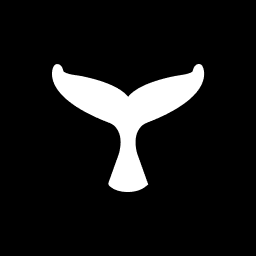The point of decentralizing an organization is to remove control from a single entity or group. Decentralization—among other things—creates censorship resistance, a redundancy against corruption, and makes the organization more resilient against technical failures. However, as we will discuss later, some DAOs might appear to operate smoothly, but a... See more

